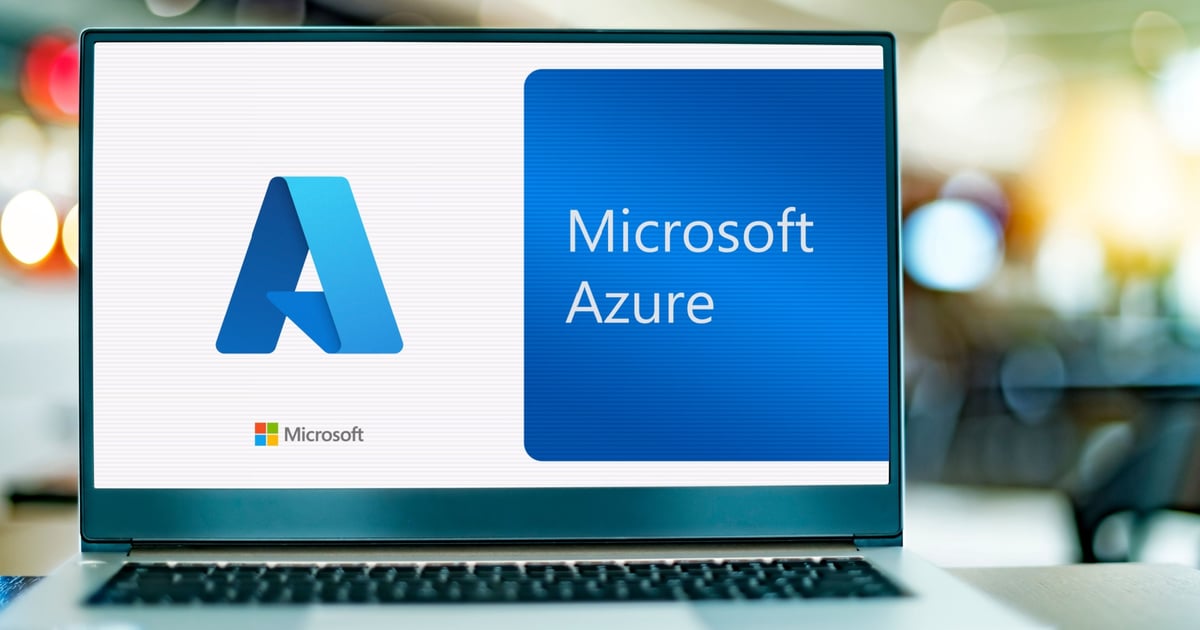
August 20, 2024 at 05:14PM
Microsoft addressed a critical privilege escalation vulnerability in its Azure Kubernetes Service (AKS). Attackers could gain access to credentials and perform malicious actions in affected AKS clusters. The vulnerability, which did not require special privileges, led to unauthorized access to cluster contents. Security teams should audit AKS configurations and take prompt action to mitigate this serious threat.
Key takeaways from the meeting notes:
1. The meeting discussed a critical privilege escalation vulnerability in Microsoft’s managed Azure Kubernetes Service (AKS) which allowed attackers to gain access to credentials and sensitive information, potentially leading to data theft and malicious actions in affected AKS clusters.
2. The vulnerability impacted AKS clusters using Azure CNI and Azure Network Policy network configuration settings. Attackers with command execution privileges within a pod of an affected AKS cluster could have exploited the flaw to gain unauthorized access and elevated privileges within the cluster.
3. The vulnerability was identified as originating from an undocumented Azure component called WireServer, which could be accessed by an attacker with command execution privileges on an AKS pod. This allowed for the recovery of TLS bootstrap tokens for the cluster.
4. It was highlighted that without granular network policies, restrictions against unsafe workloads, and authentication requirements for internal services, attackers with access to a pod in a Kubernetes cluster could access other pods and services, including sensitive configuration details and credentials.
5. While Microsoft has patched the issue, it was emphasized that security teams should immediately audit their AKS configurations, especially if they are using Azure CNI for network configuration and Azure for network policy. This includes measures such as rotating all Kubernetes secrets, enforcing strict pod security policies, and implementing robust logging and monitoring to detect suspicious activities.
6. The seriousness of the vulnerability was acknowledged, and the need for prompt action was emphasized. However, it was noted that this vulnerability is a second-stage attack, requiring prior access to a pod, and should be prioritized accordingly within the broader context of an organization’s threat landscape.
These clear takeaways summarize the main points from the meeting notes regarding the privilege escalation vulnerability in the managed Azure Kubernetes Service, as well as the recommended steps for addressing the issue.